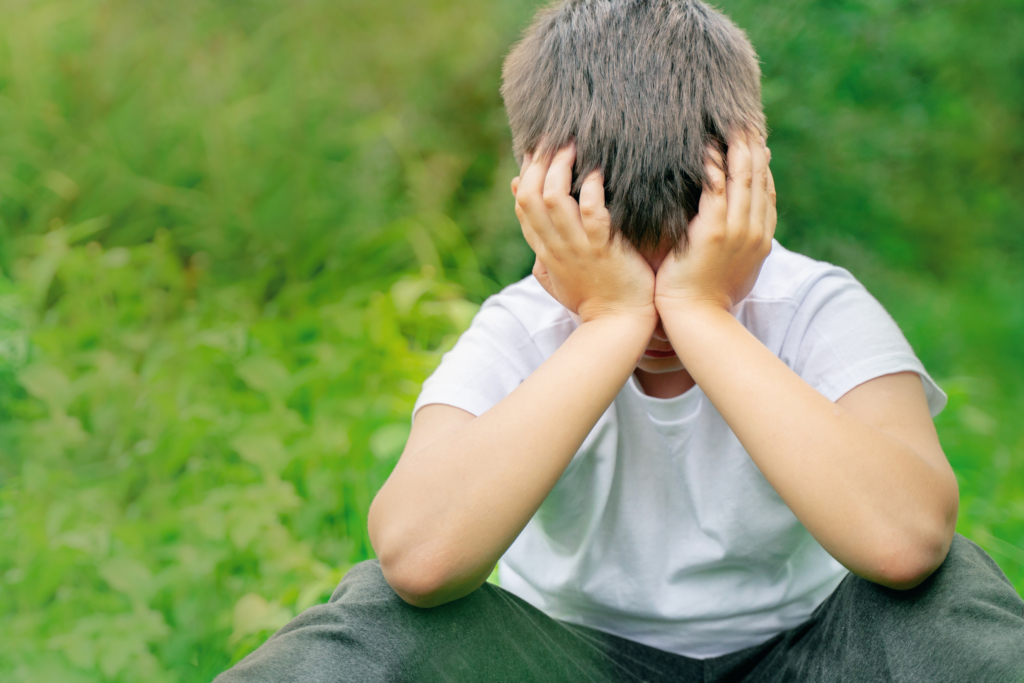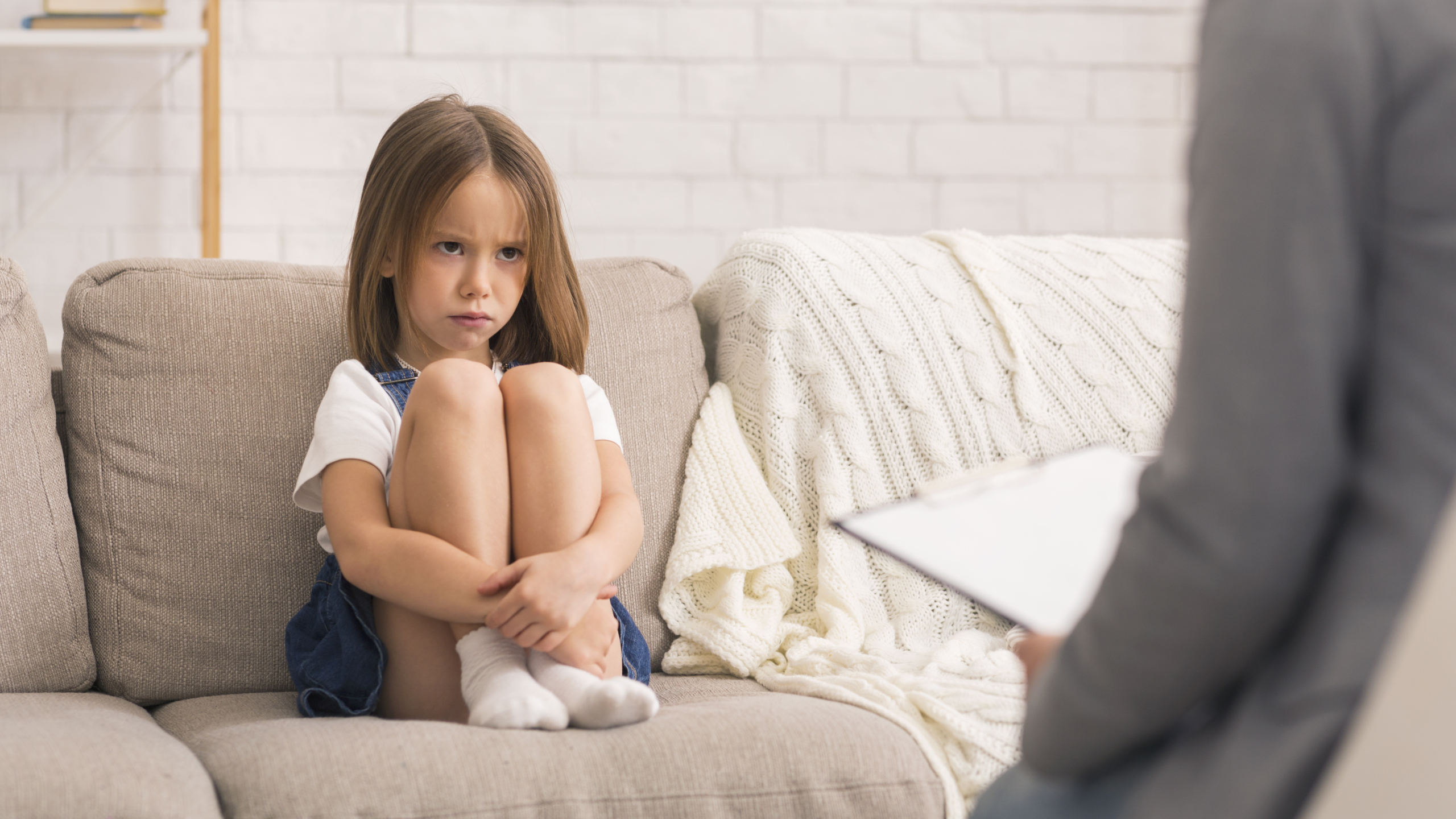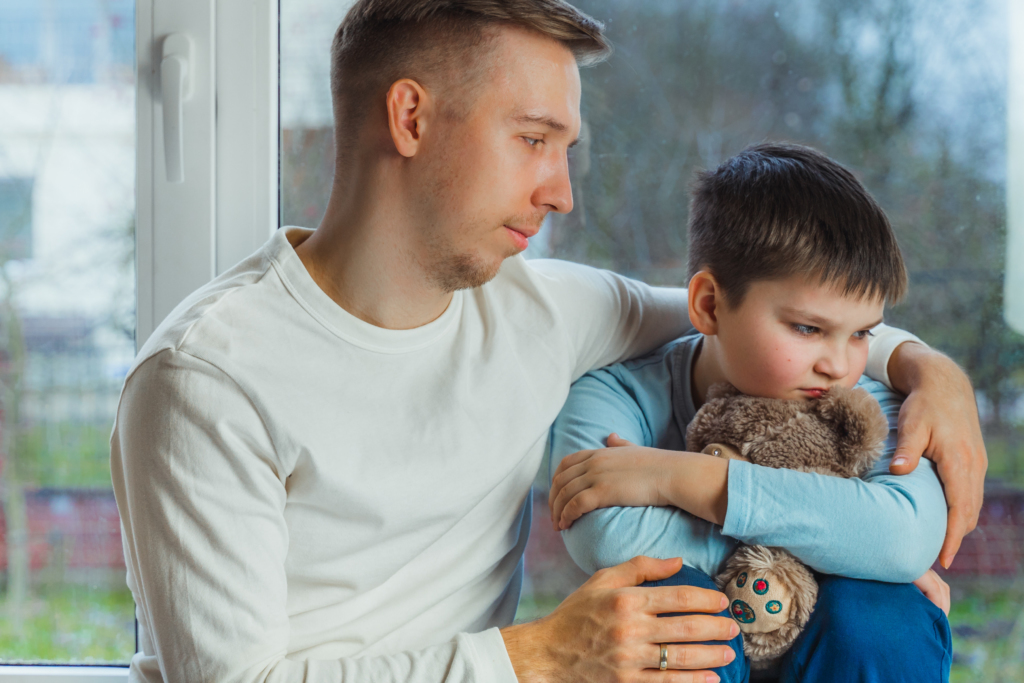
Some children may be more concerned about their parents or other reasons than normal children. In this case, parents and educators may need to develop several ways to help manage anxiety and worry in children and to calm them.
Some tactics work on certain days, and not on others; but according to our observations, we will share the ways that generally work with you in this article.
What is Anxiety?
Anxiety is a feeling of worry or fear experienced as a combination of physical, intellectual, and emotional feelings. All children have and feel anxiety sometimes. This is a normal part of growth and development. During certain periods, such as the first day of school or before an exam, children may worry more, but there are some ways they can be made to feel better.
Anxiety creates an overwhelming, distressing, and unmanageable feeling when it is trapped inside, making them feel as if they have no solution. If this sort of worry persists for an extended period of time, youngsters may become fatigued and unable to function normally.
If your child is struggling with anxiety, there are some ways to help them, including providing emotional support, discussing practical strategies together, and finding the right professional help when s/he needs it.
Why do children feel anxiety?
Children may feel anxious for different reasons. If your child is feeling more anxiety and fear than he can control, it’s usually a sign that something is wrong in his life and he needs support to find out what the problem is.
The following conditions may cause anxiety in some children:
- experiencing a lot of changes in a short period of time, such as changing homes or schools
- having responsibilities beyond their age and development, for example being responsible for taking care of other people in their family
- being in the same environment with anxious people
- being under stress at school due to homework, exams, or peers
- experiencing family stress due to reasons such as housing, money, and debt
- experiencing distressing and traumatic experiences in which they feel unsafe, such as bullying and abuse
How to figure out your child has anxiety?

Anxiety tends to affect children’s bodies, thoughts, and emotions. They may turn to certain coping behaviors to avoid their anxiety. Let’s examine these behaviors.
Physical symptoms:
- heart palpitations, very fast breathing, sweating or shaking
- rapid breathing or a feeling of not being able to breathe
- feeling sick
- dry mouth
- sweating more than usual
- muscle tension
- shaky legs
- irritable bowel syndrome (IBS), diarrhea, or the need to urinate more than usual
- feeling hot
Thoughts:
- preoccupation with sad, frightening, or negative thoughts
- feeling nervous, nervous, panicked, or scared
- feeling overwhelmed or out of control
- overstimulation to sounds, smells
- inability to cope with everyday things such as school, friendships, groups, or social situations
- worrying so much that you have trouble concentrating and/or sleeping
How can we help children when they feel anxious?

Anxiety is one of the most common mental health problems for children and adults, affecting more than 20% of children and adolescents during their lifetime. Anxious children are usually quiet and calm. For this reason, they are often not noticed by their parents and teachers.
Parents often say they know from a very young age that there is something different about their child, but do not immediately notice it as an anxiety problem. Some expect their children to “get over it”, but things never go that way. This is to leave their children to get weaker over time. Some parents see anxious behavior as normal because they behave in a similar way. As a result, parents of anxious children and teens often don’t know what to do.
When your child feels very anxious, they may feel scared, excited, or anxious. The most important thing to do at such a moment is to help them calm down and feel safe.
Breathe slowly and deeply together. You can count to five slowly as you inhale and exhale. If it works, encourage your child to exhale slowly, one or two seconds longer than they are breathing out. Because this activity will help your child’s body to relax.
Sit with them and calmly reassure them physically. It can be comforting to feel close, holding hands or cuddling if possible. Reassure them that their anxiety will pass and they will feel better.
Encourage them to do something to help them feel calmer. This could be running, walking, listening to music, painting, drawing, painting, journaling, watching his favorite movie, or reading his favorite book.
Try to keep the waiting period short. When we are afraid of something, the hardest time is when we are waiting before we do it. Therefore, another basic rule for parents who are trying to help their children with anxiety is to try to eliminate or reduce the expectation period. If a child is nervous about going to the doctor, you don’t want to start a discussion about it two hours before they go; this will probably cause your child to worry more. So try to minimize this time.
How can we help children control their anxiety?
When kids are anxious, it’s natural to want to help them feel better. But by trying to protect children from things that upset them, you may inadvertently make anxiety worse. The best way to help children overcome anxiety is to teach them how to deal with anxiety.
When a child is upset about a troubling situation and their parents rescue them, they learn that being upset is a good way of coping. Instead, it is more helpful for parents to tell their children that everything will be okay, even if they are afraid. You cannot promise your child that nothing bad will happen. But you can tell them that they can face their fears, and over time these situations will become less frightening.
The objective is not to eradicate anxiety, but rather to assist the youngster in managing it. None of us would like to see a child unhappy, but the best way to help children overcome anxiety is not to try to eliminate the stressors that trigger it. Encourage them to learn to handle their nervousness and to try their hardest even when they are worried. In this way, their anxiety will decrease over time.
Except when your child is particularly worried or panicked, there are things you can do to help them manage their anxiety and feel better.
Many of the strategies below can help your child understand themselves and find what works for them. The better they feel about helping themselves when things get tough, the more they believe in their ability to deal with anxiety. This helps reduce feelings of panic.
In a calmer moment, talk to your child about their concerns. Ask them what it feels like in their minds and bodies and what makes them feel that way. It can be tempting to ignore their concerns because you want to reassure them, but it’s important to empathize with their experience and validate their feelings.
Consider together if there is something special that makes them feel anxious. Anxiety may be caused by friends, school, family events. Make changes at home or school to make things easier. If your child is worried about things that are out of their control, explain to them in an appropriate language that the problem is not about them, for example, you could say, “It’s my job to worry about my debts”.
Think together about activities that will help them express themselves and reduce their anxiety. Your child might try exercising, dancing, drawing or painting, writing a diary, watching his favorite movie, talking to friends, or cooking. Such activities can help them feel calmer.
Parents and trainers who want to join the Pre-Education family or want to get detailed information about our services can reach us by filling out the application forms on our website.
